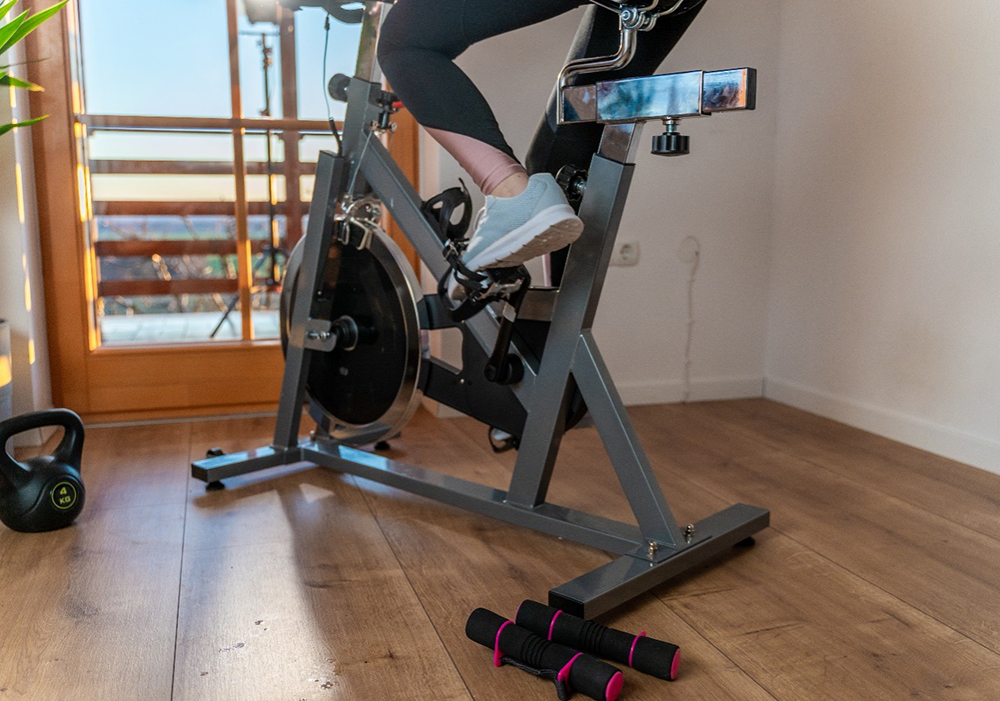Patients who engage in physical activity during or after cancer treatment are less fatigued and return to their usual daily activities faster than those who don’t exercise, researchers reported in JACC: CardioOncology. The benefit is highest among patients who are active during treatment but still pronounced for those who resume physical activity after completing treatment.
The researchers randomized 266 patients with breast, testicular, or colon cancer to a 24-week exercise intervention either during or after chemotherapy: 12 weeks of supervised exercise followed by 12 weeks of home-based unsupervised exercise consisting of moderate to vigorous stationary cycling, resistance training, and badminton. Patients in the first group began the supervised portion during chemotherapy and the unsupervised home-based portion after completing chemotherapy. Patients in the second group began supervised exercise approximately three weeks after they received their final chemotherapy dose. Median adherence was 75.0% for patients during chemotherapy and 83.3% after.
They found that peak oxygen uptake declined significantly from baseline to post-chemotherapy in both groups but less so for those who exercised during chemotherapy. Both groups experienced similar benefits in muscle strength, health-related quality of life, and fatigue, with stronger results in the group during chemotherapy.
The most notable finding was the clinically significant improvements in fatigue immediately after completion of chemotherapy. Patients who exercised during treatment scored significantly higher on the Multidimensional Fatigue Inventory’s reduced activity subscale than patients who exercised after for general fatigue, physical fatigue, and reduced activity.
“In this trial, we found a clinically significant difference in general and physical fatigue between the groups in favor of the group that exercised during treatment, measured directly after chemotherapy, which might accelerate the return to everyday life,” the researchers wrote. “These findings suggest that the optimal timing of physical exercise is during chemotherapy. However, initiating a physical exercise program after chemotherapy is a viable alternative when exercising during chemotherapy is not possible.”
Exercise is the only evidence-based nursing intervention recommended for practice in ONS’s symptom management guidelines for cancer-related fatigue. Help your patients incorporate physical activity to fight fatigue with ONS’s Get Up, Get Moving tools and resources.






